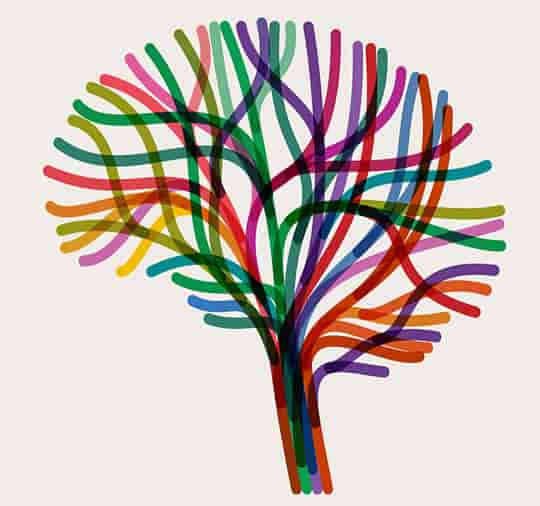Why people with the most severe personality disorder find it difficult to have romantic relationships and friendships.
People with borderline personality disorder have deficits in brain regions related to empathy, research finds.
The finding helps explain why people with borderline personality disorder have unstable moods.
They also often have trouble maintaining relationships with others.
Dr Brian Haas, the study’s lead authors, said:
“Our results showed that people with BPD traits had reduced activity in brain regions that support empathy.
This reduced activation may suggest that people with more BPD traits have a more difficult time understanding and/or predicting how others feel, at least compared to individuals with fewer BPD traits.”
The study involved over 80 people taking a test which measured any borderline personality traits they had.
Dr Haas explained the reasoning:
“Oftentimes, borderline personality disorder is considered a binary phenomenon.
Either you have it or you don’t.
But for our study, we conceptualized and measured it in a more continuous way such that individuals can vary along a continuum of no traits to very many BPD traits.”
In the brain scanner people were given some tasks which measured the processing of emotions, along with some control tasks.
Professor Joshua Miller, study co-author, explained the results:
“We found that for those with more BPD traits, these empathetic processes aren’t as easily activated.”
Professor Miller continued:
“Borderline personality disorder is considered one of the most severe and troubling personality disorders.
BPD can make it difficult to have successful friendships and romantic relationships.
These findings could help explain why that is.”
The study was published in the journal Personality Disorders: Theory, Research and Treatment (Haas et al., 2016).










